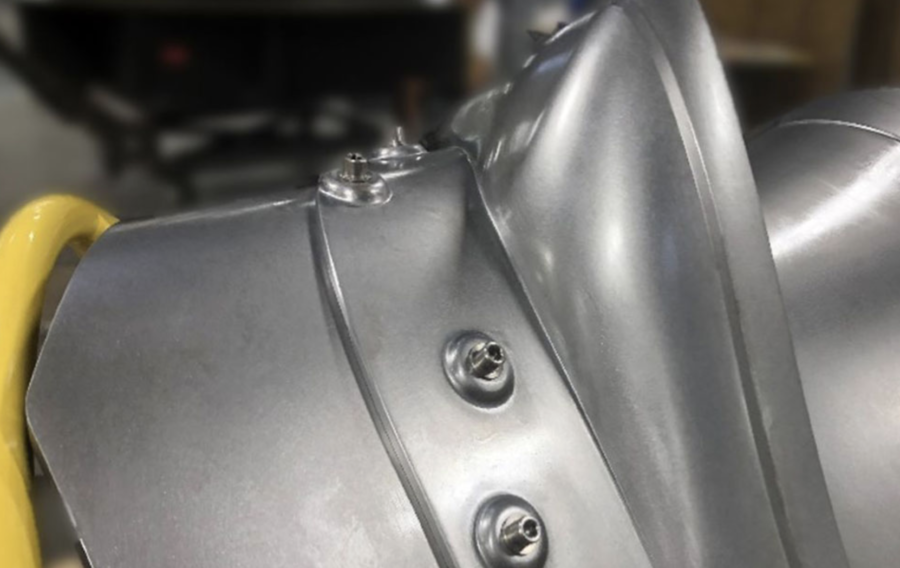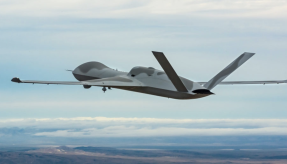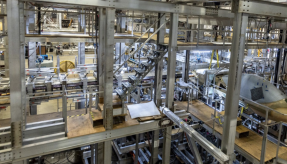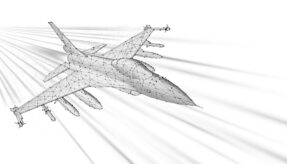
General Atomics Aeronautical Systems, Inc. (GA-ASI) has established a new Center of Excellence for its Additive Design and Manufacturing (AD&M).
The Center is focused on rapid-reaction manufacturing of GA-ASI’s line of UAS using fully functional and flight-ready Additive Manufacturing (AM) applications, research and development, large-scale tooling, and next-generation flight hardware.
Over the past decade, GA-ASI has invested in the onboarding of Additive Manufacturing (AM) technologies, as well as leading the formation and rapid growth of a dedicated AM department five years ago.
GA-ASI President David R. Alexander, said: “GA-ASI is continually looking for ways to enable, accelerate, and integrate Additive Manufacturing technologies into our designs, our operations, and our products.
“Through our AD&M Center of Excellence, we’re using a structured and stringent qualification process for AM applications that delivers a positive business case for us over conventional manufacturing methods. Through a comprehensive and holistic approach, our team of AM professionals are working to increase the adoption of AM parts for the benefit of our aircraft and ultimately, our customers.”
GA-ASI has qualified over 300 flight components across the different AM modalities used for production. In order to develop and qualify flight-capable AM applications, GA-ASI is expanding its AM ecosystem composed of the key elements required for bringing an AM application from a prototype stage (print right once) to a production-level stage (print right always).
GA-ASI’s AM ecosystem has enabled the advancement of repeatable and reliable production-grade 3D printing within the company.
This has been supplemented by ecosystem-controlled processes, the establishment of an applications team, and a well-defined expansion roadmap.
GA-ASI performs some recurring production activities at its AD&M Center of Excellence, but the demand for rapid-reaction and low-rate manufacturing has required the development of a strong AM manufacturing supply chain for the overflow production of complex end-use thermoplastics and metal parts.
GA-ASI estimates that the use of AM parts on its new UAS platform – the MQ-9B – has saved the company over $2 million in tooling costs and over $300,000 per aircraft in recurring cost avoidance by using approximately 240 AM parts on that aircraft platform.
Overall, the number of AM applications continues to grow rapidly, fueled by the AM ecosystem established at GA-ASI. As a result, the company already has more than 10,000 additively manufactured components on the aircraft it has produced, and the new MQ-9B SkyGuardian and SeaGuardian models are leading the industry in the use of AM parts.
If you would like to join our community and read more articles like this then please click here.







